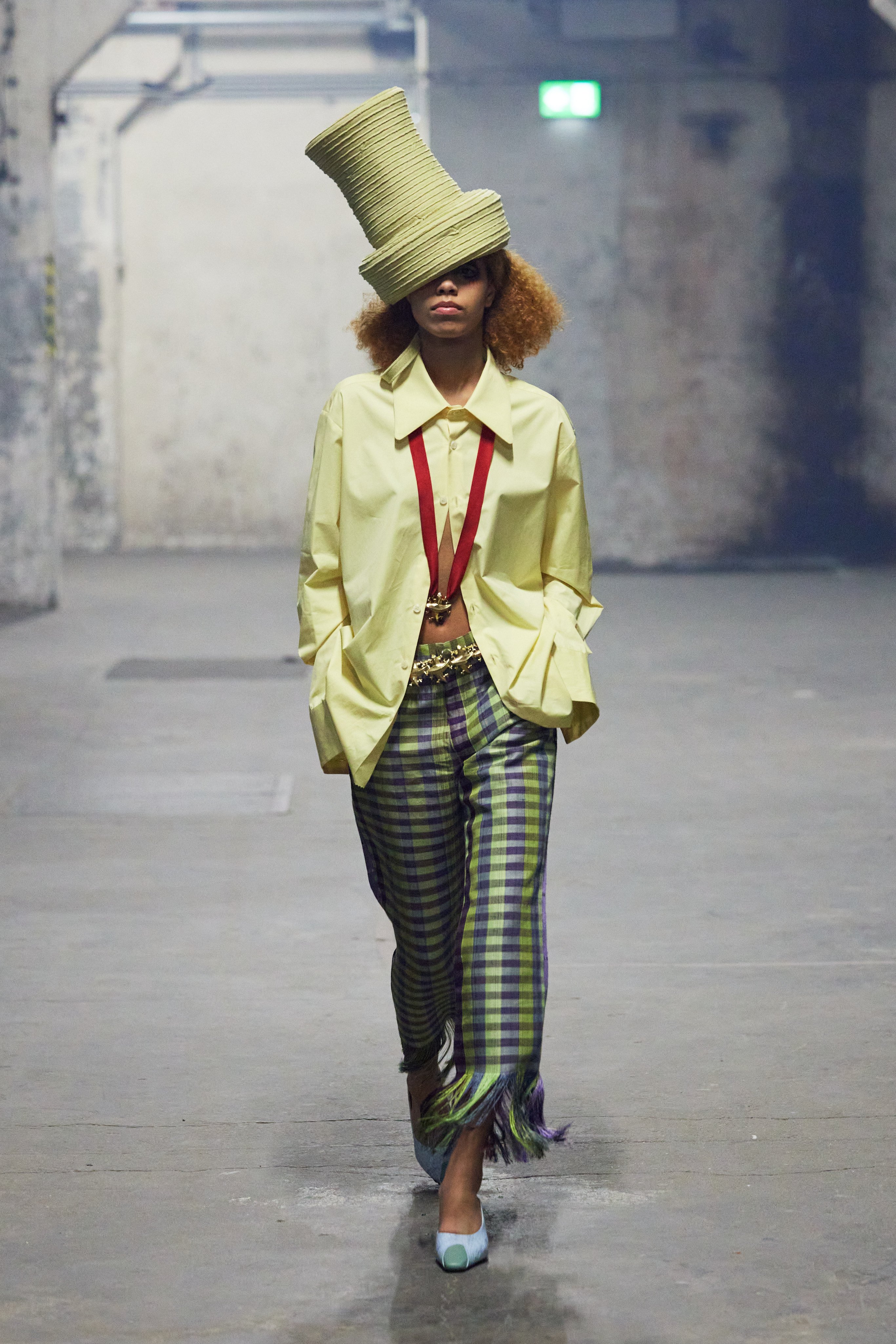When I returned from my extended New York trip in December, I was shocked to discover that all of my non-French speaking European friends had seemingly picked up on French music without my knowledge. As a multilingual speaker, French music was always part of my life. In predominantly English-speaking spaces, finding people who shared similar musical tastes proved challenging. While I knew French artists were gaining global attention and attracting more English-speaking listeners, nothing could have prepared me for what manifested in 2025.
First coined by French-Congolese artist Tiakola upon releasing his debut solo album 'Mélo' in 2022, Mélo, M3lo or Mélomane is a play of words. The term both comes from the English word mellow and the word itself, Mélomane which means in French to be very passionate about music. Following the project’s success, the newly-found sound quickly gained widespread recognition, introducing emerging and established artists alike. Yet, what about this sound makes it distinctive? And how was it able to spread in such a short amount of time?
.jpg)
Sound
To best describe Mélo, this would first bring us to its sound. Much like numerous new sub-genres emerging from the likes of the UK diaspora, Nigeria, SA and beyond- Mélo is a fusion of already existing music branches, mixing everything to create a movement of its own. Drawing particular music inspiration from Congolese anthems, French Trap and R&B, it forges a fun sonic landscape. Perhaps one of the most unique approaches of Mélomane is that it does not like to box itself between Rap or singing. Take a look at other Mélo-membered artists Genezio, Nemzz and RSKO for example, their vocal performance often switches from singing to more spoken-word at an instant. For this reason, it is virtually boundless in its expressive capacity.
.jpg)
Lyrical Content
An aspect often overlooked is its lyrical content. While French trap typically focuses on subjects such as drugs, gang violence, derogatory language towards women, and other controversial topics, Mélo maintains authenticity by its artists keeping true to themselves. On tracks like 'PONA NINI,' Tiokalo and Genezio harmonize about transcending ghetto boys stereotypes when they state, "Elle veut le côté sombre / pas les mélodies de Mozart," which translates to: she wants the dark side, not Mozart's melodies. Their lyrics consistently feature pride in their Congolese heritage. This cultural connection appears throughout their discography, loosely interpreted from collaborations like ‘MAMI WATA’ with Gazo and ‘PROTECT’ featuring female Mélomane artist Merveille, to recent releases like ‘MFIBE’ by Tiakola and Genezio, where they seamlessly integrate lingala (Congolese language) and established cultural references, bringing their African roots to the forefront.
.jpg)
What’s Next?
There’s no telling how this new sound will take shape in the near future however, one thing is certain; with Tiokola as their humble leader who keeps on introducing more talented upcoming artists of this sub-genre, Mélo movement is only destined to flourish and it could potentially become the new kids on the block to take over the world.
.svg)

.jpeg)





.png)

